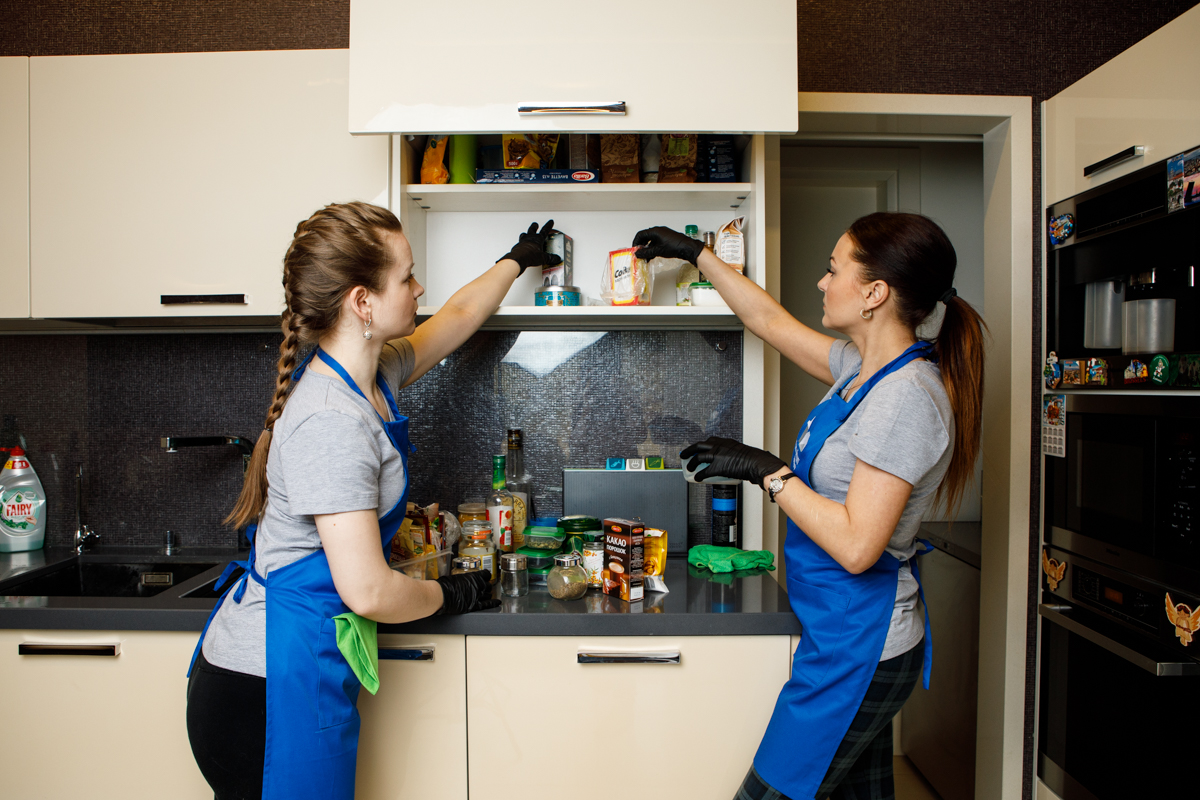The Current Cleaning Market in Berlin and Its Future Prospects Introduction: An Evolving and Competitive Landscape
Berlin’s cleaning industry has transformed significantly over the past decade, evolving into a dynamic and highly competitive market. This shift is driven by changes in consumer behavior, urbanization, technological advancements, and a diverse population with varied needs. The cleaning market in Berlin is now characterized by a blend of traditional cleaning services, digital platforms, and niche offerings aimed at sustainability and specialized tasks
1. Key Drivers of the Cleaning Market in Berlin

Urbanization and Lifestyle Changes: Berlin’s growth as a major European city has fueled demand for cleaning services, especially in residential areas. With more dual-income households, busy professionals, and international residents moving into the city, people are seeking convenience and time-saving solutions. Cleaning services have become more of a necessity than a luxury, with regular home cleaning, deep cleaning, and post-renovation cleaning being highly requested.
The Rise of Digital Platforms: Online platforms like Helpling, Book a Tiger, and Cleanwhale.de have transformed the industry by making it easier for customers to book cleaning services on-demand. These platforms provide transparent pricing, customer reviews, and easy scheduling, which has standardized the market and created stiff competition. Customers can now compare prices and services quickly, leading to increased pressure on traditional cleaning businesses to modernize their offerings.
Labor Market and Workforce Dynamics: Berlin’s cleaning industry relies heavily on immigrant labor, particularly workers from Eastern Europe. While these workers are vital to meeting the city’s cleaning needs, labor practices in the industry have faced scrutiny. Issues like low wages, job insecurity, and informal employment contracts are common, creating challenges for both workers and employers.
Sustainability Trends: Environmental awareness is a growing concern in Berlin, with consumers increasingly seeking eco-friendly cleaning options. Companies that offer green cleaning products and sustainable practices are gaining traction, especially among younger, environmentally conscious clients. This trend has pushed many service providers to adopt eco-friendly solutions and market themselves as environmentally responsible.
2. Current Market Structure and Competition
The Berlin cleaning market is diverse, ranging from large, well-established facility management companies to small local businesses and freelance cleaners. The introduction of digital platforms has made the market more accessible and competitive, allowing individual cleaners and small businesses to reach a broader audience. However, this competition has also driven prices down, leading to pressure on margins and quality.
-
Established Facility Management Companies: Companies like Dussmann Service and Piepenbrock have maintained their presence by diversifying their offerings beyond traditional cleaning to include building maintenance, security, and technical services. These firms cater primarily to commercial clients, government institutions, and large residential complexes.
-
Independent Cleaning Businesses and Freelancers: Smaller businesses and independent cleaners still hold a significant share of the market, particularly in residential cleaning. Many have adapted by using digital platforms to reach customers, offering personalized and flexible services that larger companies might not provide.
3. Future Prospects: Trends and Developments Shaping the Market
The Berlin cleaning market is poised for further growth, but this expansion will be shaped by several key trends:
Automation and Smart Technology: While robotic vacuums and automated cleaning devices are becoming more common in households, full automation of cleaning tasks remains a long-term prospect. However, the introduction of smart home systems integrated with cleaning devices could play a larger role in the coming years, especially in new residential developments.
Growth in Specialized Cleaning Services: As competition increases, companies are focusing on niche markets. Specialized services like eco-friendly cleaning, deep-cleaning for allergy sufferers, and post-construction cleanup are becoming more popular. This allows businesses to differentiate themselves and cater to specific client needs.
Regulation and Professionalization: The industry is likely to see increased regulation, especially regarding labor rights and working conditions. With ongoing discussions about fair wages and legal protections for cleaners, businesses will need to comply with stricter standards. This could lead to consolidation, with smaller or non-compliant firms exiting the market.
Sustainability and Ethical Consumption: Consumer demand for sustainable and ethically sourced cleaning products is expected to grow. Companies that prioritize green practices, reduce chemical use, and adopt sustainable packaging are likely to attract a larger customer base. Additionally, ethical concerns about labor practices could push consumers towards companies that demonstrate fair employment standards.
Subscription-Based Models: Subscription services for regular cleaning are becoming more common, offering customers a convenient, cost-effective way to maintain their homes. This model is particularly appealing to busy families and professionals who prefer consistent, hassle-free service.
4. Challenges and Opportunities for Businesses
Despite the growth potential, the market presents several challenges. Businesses face price pressure due to competition, difficulties in finding and retaining skilled workers, and the need to invest in digital tools and eco-friendly products. However, these challenges also present opportunities for companies that can innovate, adapt to consumer preferences, and embrace new technologies.
Conclusion: A Dynamic and Growing Market
The cleaning industry in Berlin is evolving rapidly, driven by technological advancements, changing consumer habits, and an increasing focus on sustainability. As the market grows, businesses that can navigate regulatory changes, adopt digital solutions, and respond to niche demands will be well-positioned for success. The future of the industry looks promising, with significant opportunities for growth, particularly in specialized and sustainable cleaning services.















